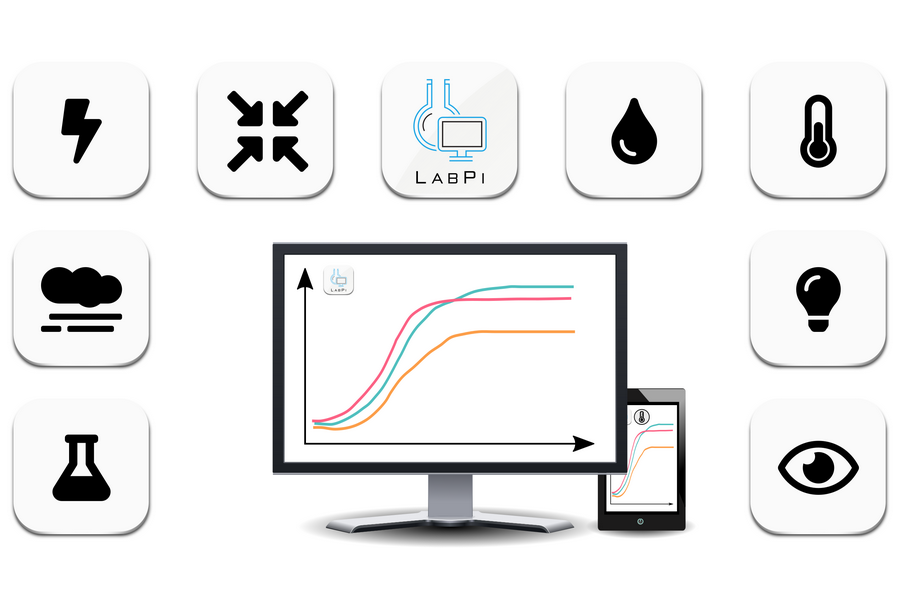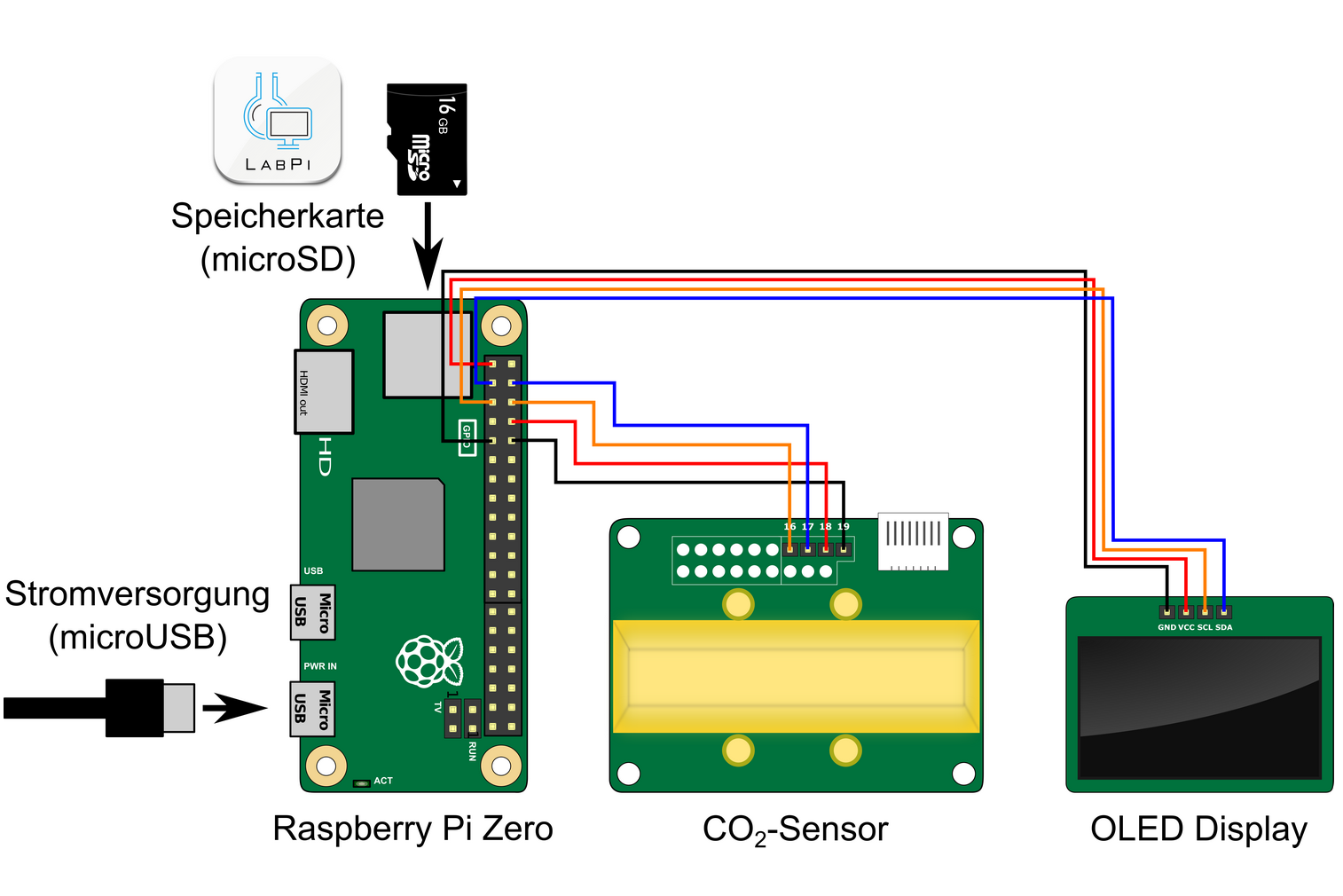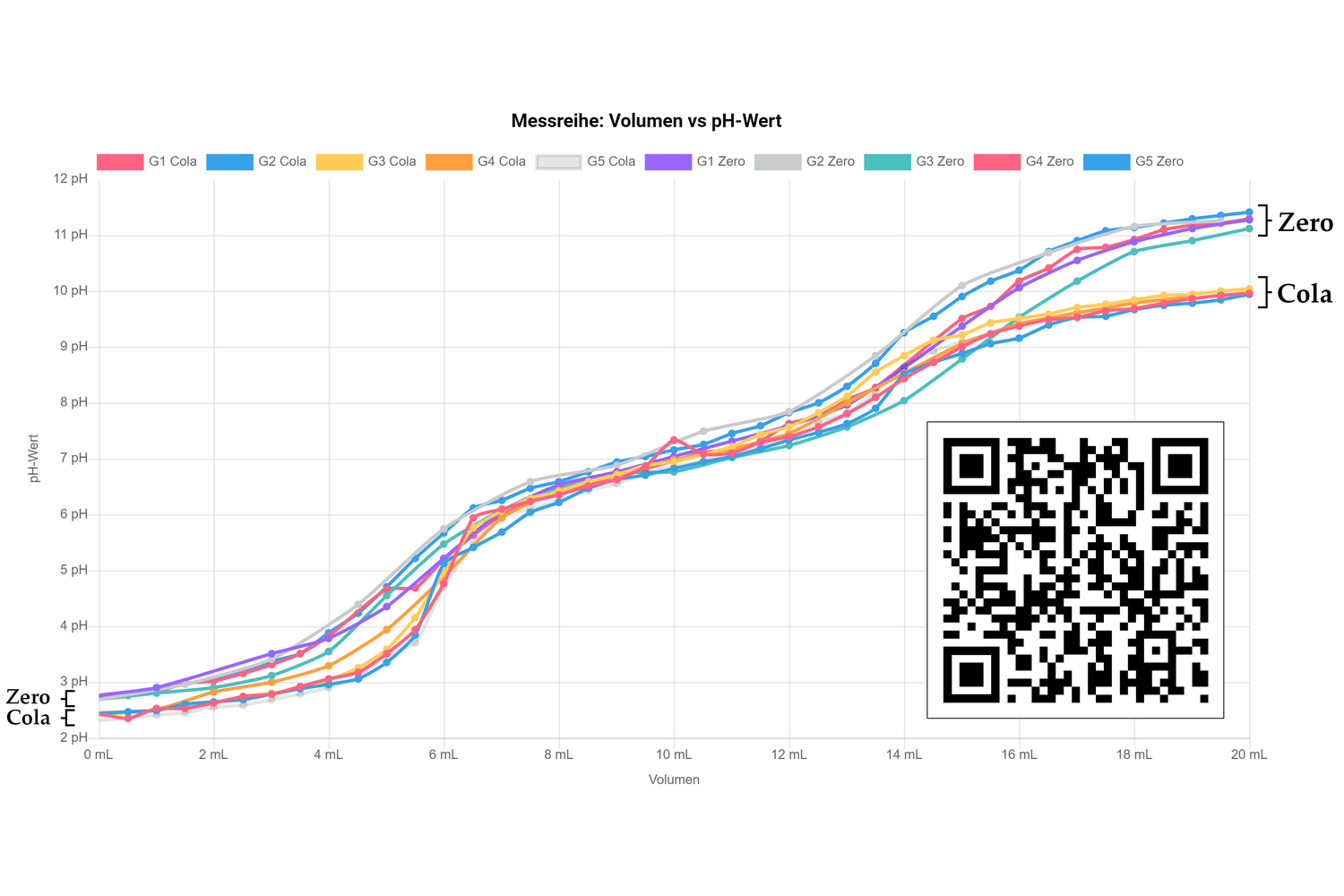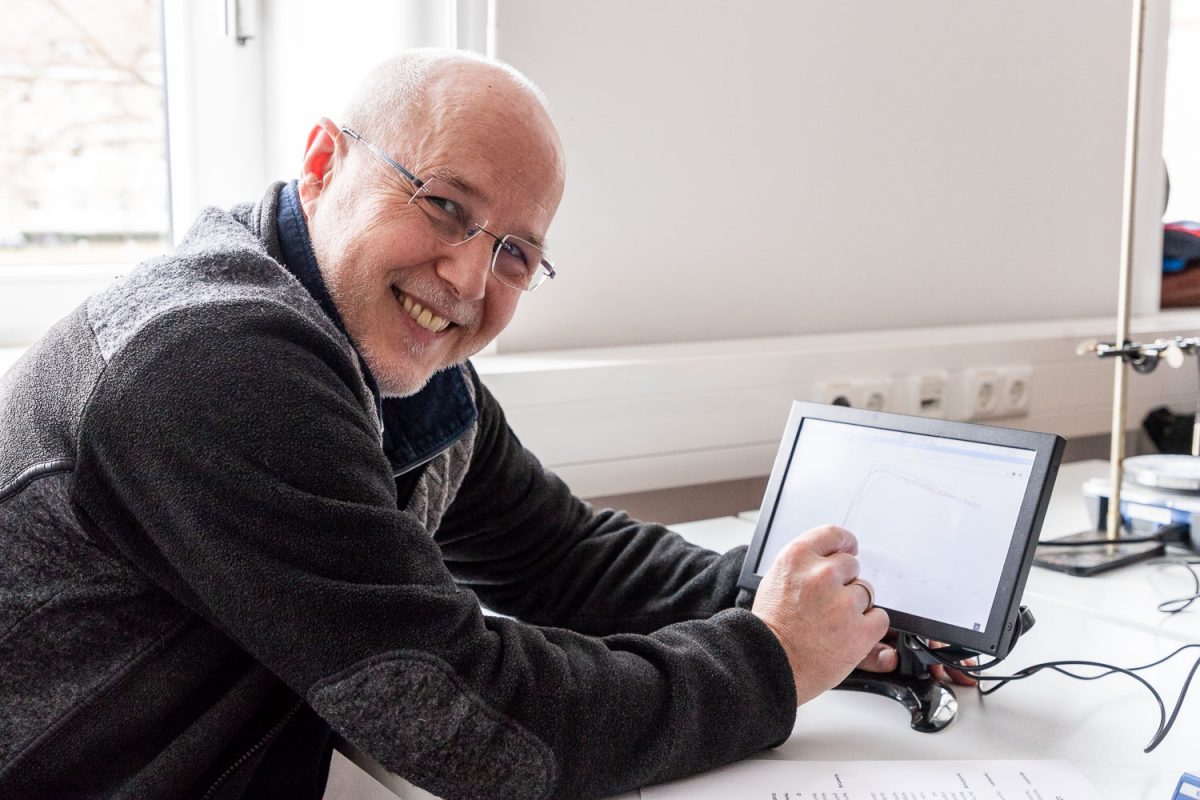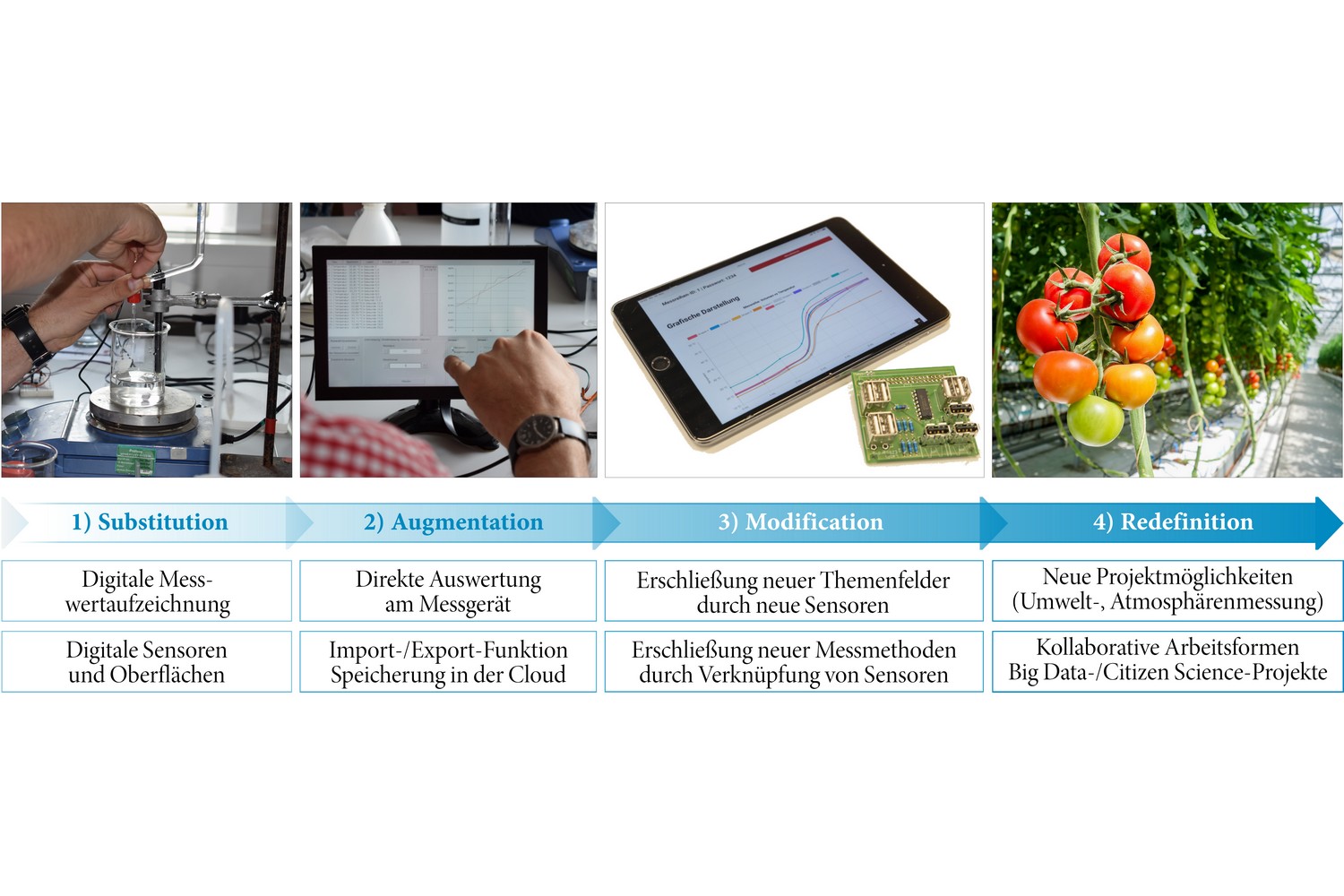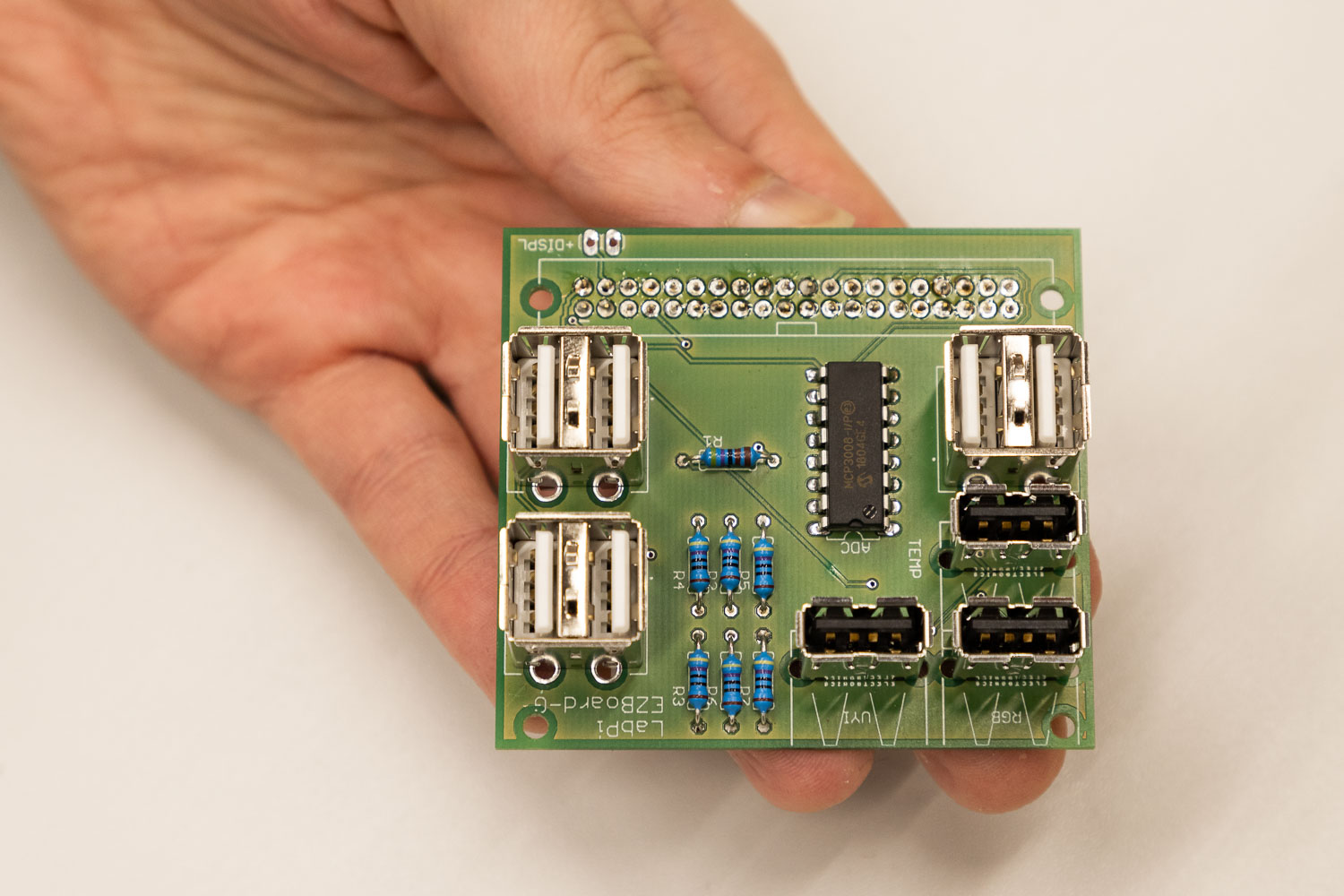New: Materials and experiments for working with LabPi available for download under Best Practice » Best Practice (German)
LabPi: A digital low-cost measuring station
Low-cost, high-tech. LabPi is a digital measuring station for use in schools, student laboratories, university teaching and research. By combining a powerful station with precise sensors and innovative technology, new teaching-learning opportunities for STEM education 4.0 arise.
Low-cost, high-tech. LabPi is a digital measuring station for use in schools, student laboratories, university teaching and research. By combining a powerful station with precise sensors and innovative technology, new teaching-learning opportunities for STEM education 4.0 arise.
One for all
Numerous sensors are available for LabPi. Each of them enables new possibilities for quantitative measurement acquisition and can be used in all STEM subjects. And: All sensors can be freely combined with each other and acquired simultaneously.
Numerous sensors are available for LabPi. Each of them enables new possibilities for quantitative measurement acquisition and can be used in all STEM subjects. And: All sensors can be freely combined with each other and acquired simultaneously.
» More Information on the station
» More Information on the station

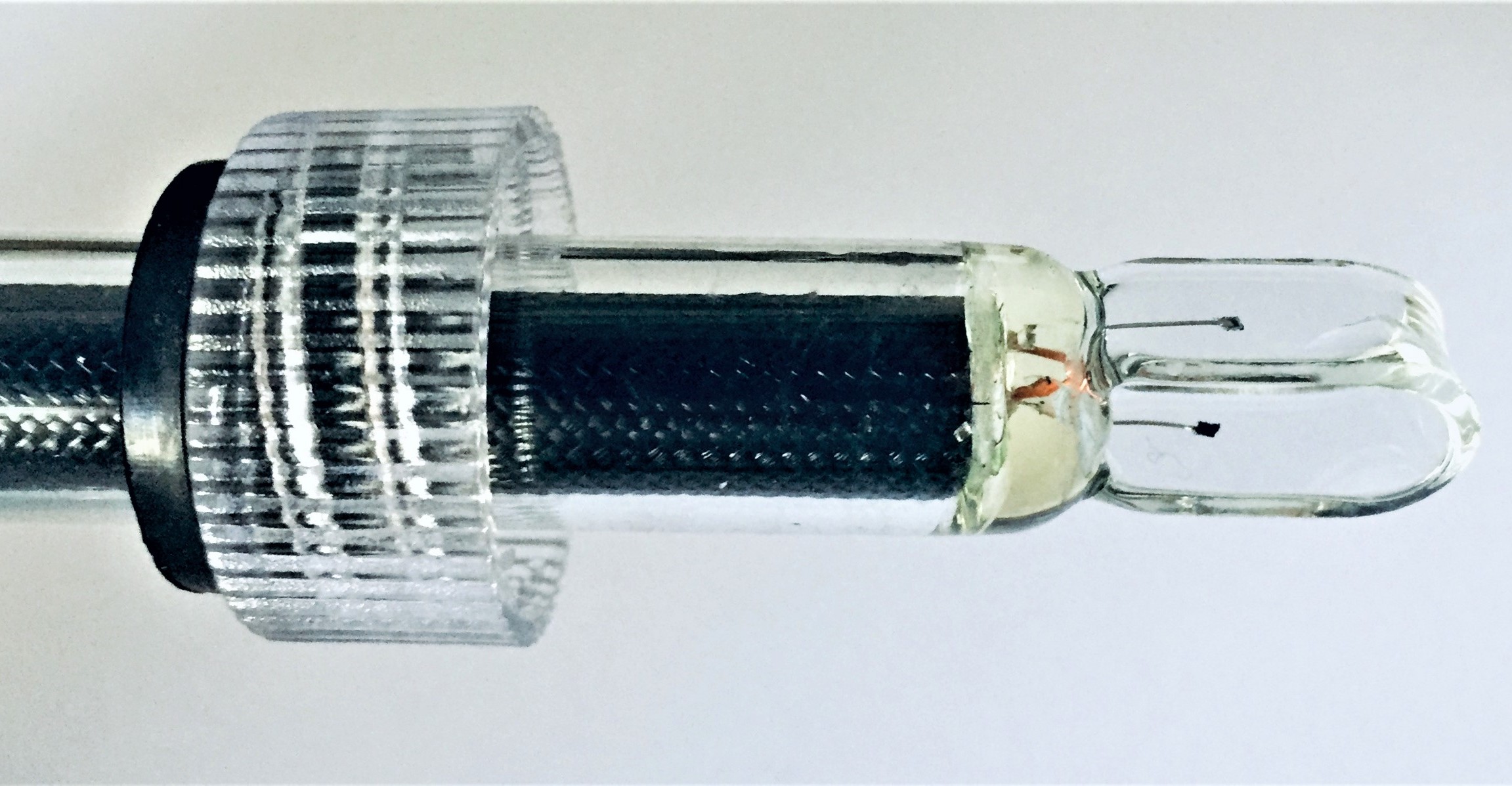
STEM Education: innovative teaching formats
LabPi makes the tremendous potential of digitization accessible for STEM education. Wireless networking with the cloud makes it possible to combine the measured values of several learning groups at the touch of a finger. And if 88.747 measured values can be discussed faster and better, more real learning time remains for the experiments and their evaluation.
LabPi makes the tremendous potential of digitization accessible for STEM education. Wireless networking with the cloud makes it possible to combine the measured values of several learning groups at the touch of a finger. And if 88.747 measured values can be discussed faster and better, more real learning time remains for the experiments and their evaluation.
» More information on connectivity
» More information on connectivity
LOW-cost: digitalization for every budget
Inexpensive single-board computers, miniature sensors and self-developed free software keep costs low. In contrast, precise measurements, simple operation and application possibilities for all STEM subjects.
Inexpensive single-board computers, miniature sensors and self-developed free software keep costs low. In contrast, precise measurements, simple operation and application possibilities for all STEM subjects.
» More informationen on application
» More informationen on application
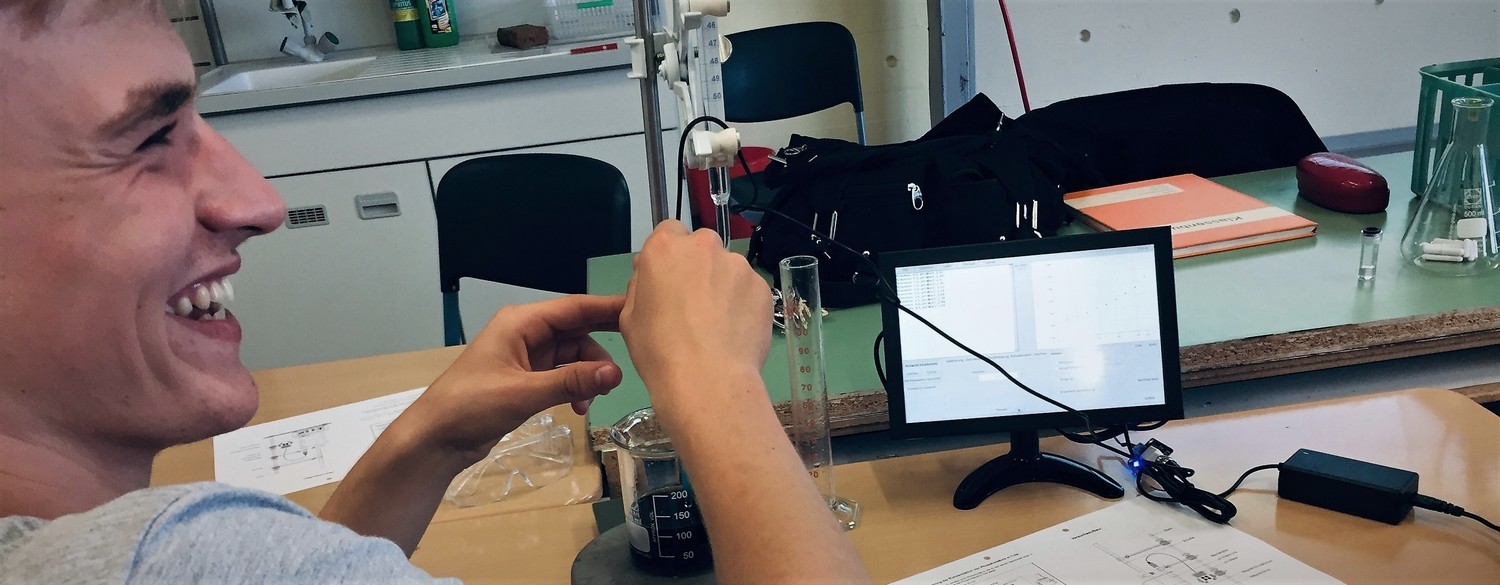
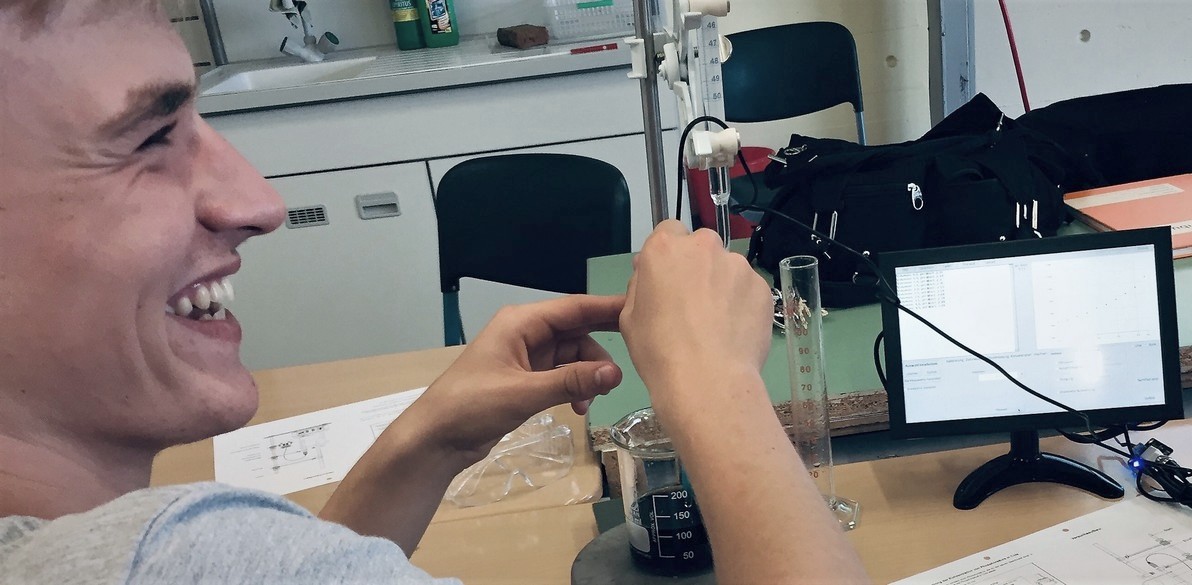
News, awards, media coverage, scientific publications
LabPi is being further developed and researched at Friedrich Schiller University Jena to ensure its quality in the long term and to expand it with new possibilities.
LabPi is being further developed and researched at Friedrich Schiller University Jena to ensure its quality in the long term and to expand it with new possibilities.
2021: Entrepreneurship
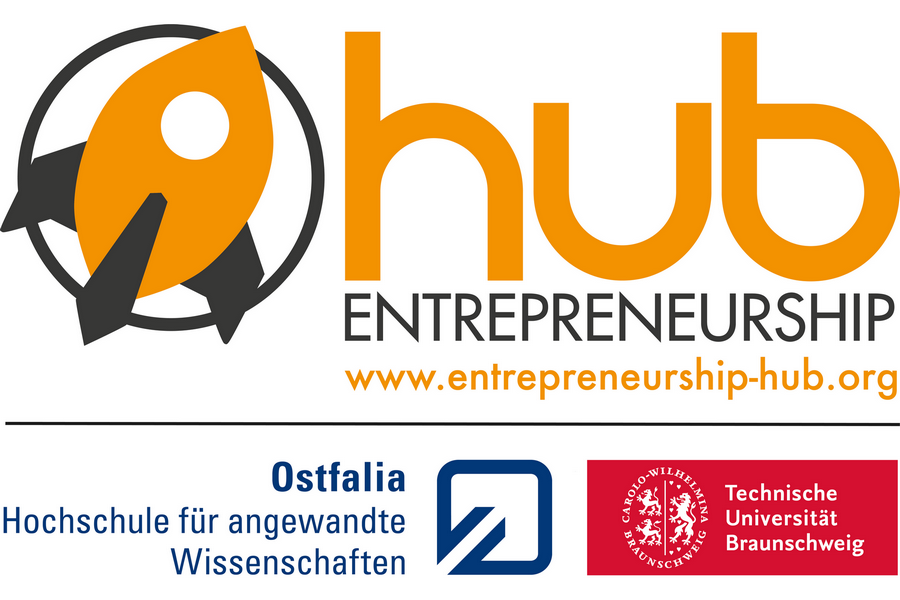
The LabPi project is awarded the 1st prize of the Entrepreneurship Hub of the TU Braunschweig and the Ostfalia University of Applied Sciences.
2021: Student Laboratory
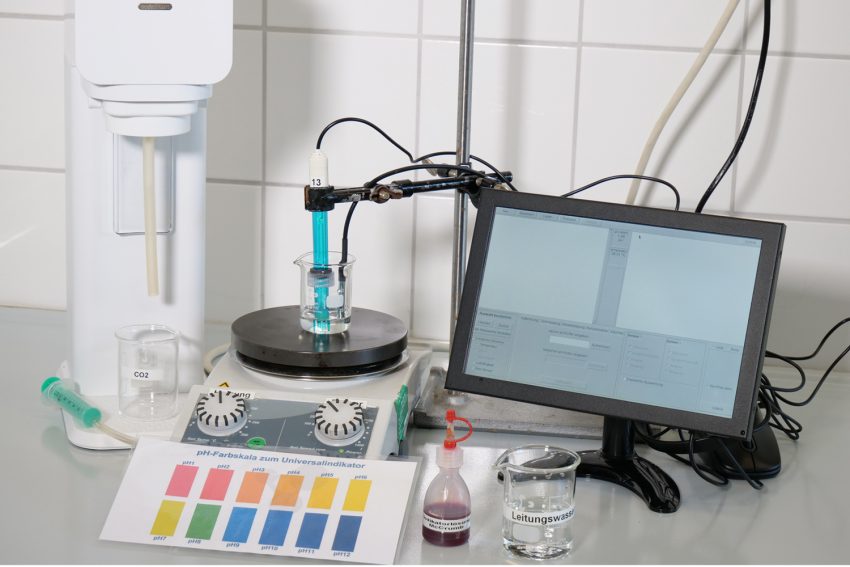
LabPi experiment on global climate change at the Agnes Pockels Laboratory of TU Braunschweig receives the € 5,000 LeLa Prize 2021.
2021: University Teaching
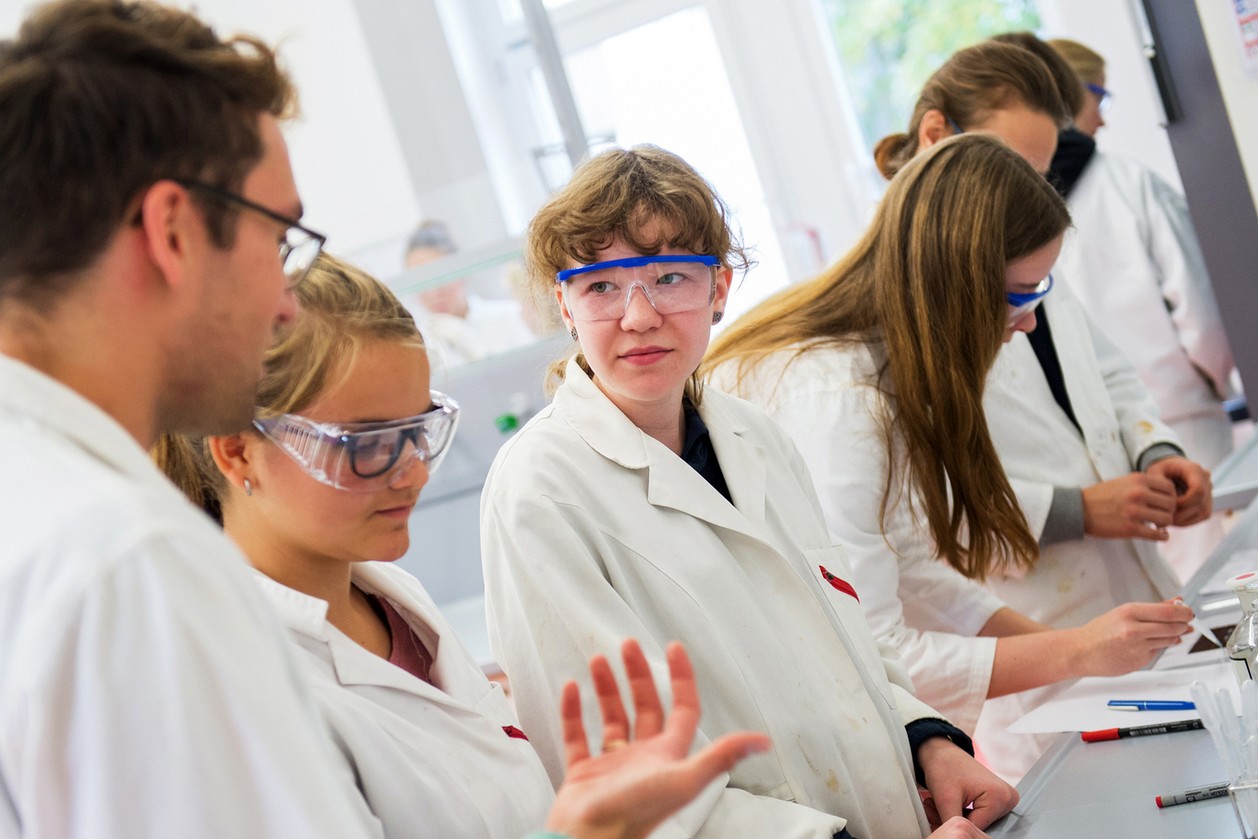
LabPi is integrated into universitary teacher training at Friedrich Schiller University Jena.
2021: Research Grant
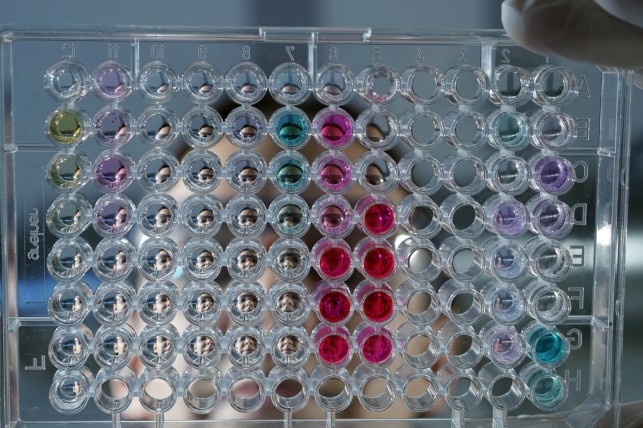
Use in cutting-edge research: LabPi is used in newly approved projects of the collaborative research centers CataLight (Universities of Ulm & Jena) and PolyTarget (University and University Hospital Jena).
2020: Teacher Training
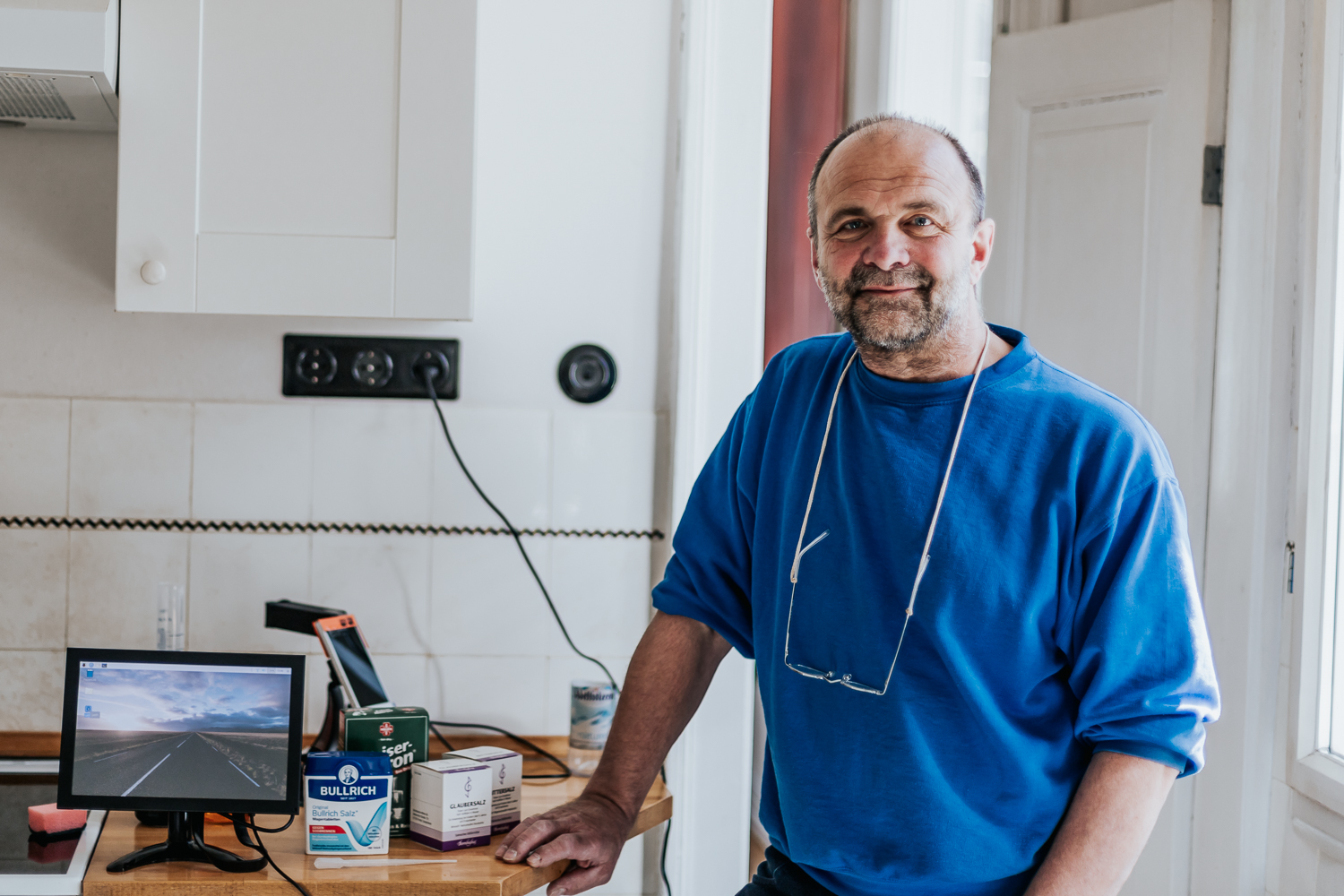
Instead of the classic laboratory, 50 biotechnology students at the TU Braunschweig are experimenting in the HomeLab with LabPi, smartphones and household objects. Physicist Dr. Christof Maul has designed experiments that the students can perform at home.
2019: University Project
As part of the "Digitize" project, 60 LabPi stations are being used across the board in the basic inorganic practical course. The project partner is Prof. Marc Walter at the Braunschweig University.
